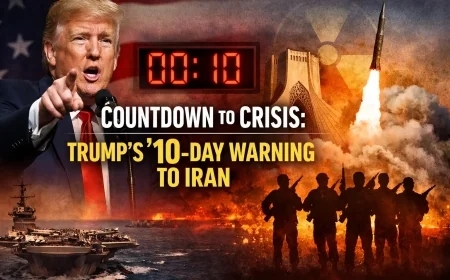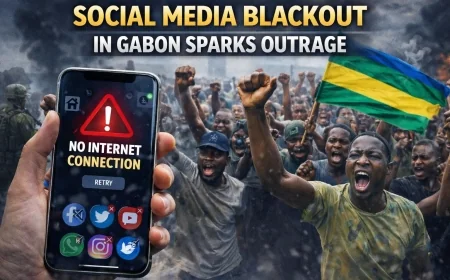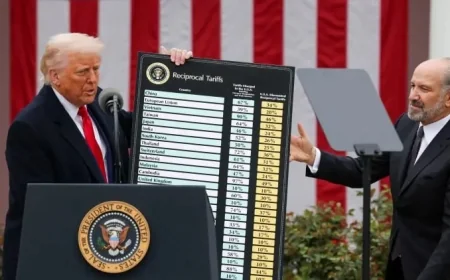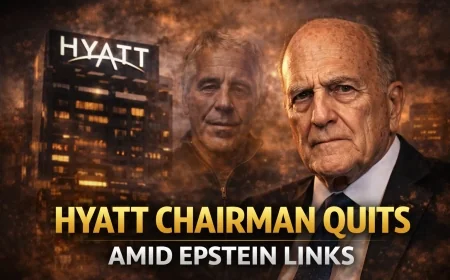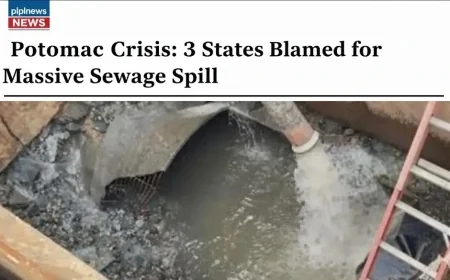According to a US military official, the world's largest aircraft carrier, the USS Gerald R. Ford, will arrive in the northern Caribbean on Sunday amid escalating tensions with Venezuela. The ship will be accompanied by 15,000 military personnel, including 2,000 Marines deployed on an amphibious assault ship.
The official, who was not authorized to speak publicly, told NPR that "the table is being set" for possible military action. Amid ongoing military exercises, administration officials are holding high-level meetings with members of Congress and foreign leaders.
However, it remains unclear whether President Trump will use military force against Venezuela. The US has so far attacked 20 boats in the region, saying they were carrying drugs smuggled from the country. In August, the US government offered a $50 million bounty for the arrest of Venezuelan leader Nicolás Maduro.
But officials told NPR that the arrival of the USS Gerald Ford, recalled from the Mediterranean, could be another tactic to pressure Maduro, who has put his military on high alert.
Trump told reporters aboard Air Force One, "I've almost made up my mind about attacking."
He added, "I can't tell you what it is, but we've made significant progress in stopping the infiltration of drugs into Venezuela."
Defense Secretary Pete Hegseth announced on social media Thursday that a "mission" called "Operation Southern Spear" was underway.
President Trump, sitting in front of a microphone at the White House, gestures with his finger.
"This mission protects our homeland, removes narcoterrorists from our hemisphere, and keeps our homeland safe from the drugs that are killing our people," he wrote. "The Western Hemisphere is America's neighborhood, and we will defend it."
This increased activity follows the high-profile resignation last month of US four-star Admiral Alvin Holsey, who had been overseeing the boat attacks. He abruptly left his post two years earlier. Pentagon sources told NPR they believe this was because he opposed attacks on alleged drug boats, which have so far killed 80 people, and on boats that did not immediately appear to have hostile intent.

 Like
0
Like
0
 Dislike
0
Dislike
0
 Love
0
Love
0
 Funny
0
Funny
0
 Angry
0
Angry
0
 Sad
0
Sad
0
 Wow
0
Wow
0
